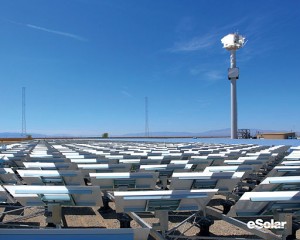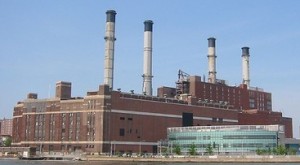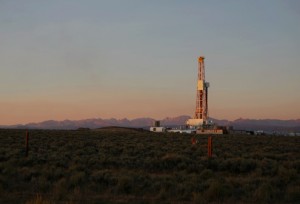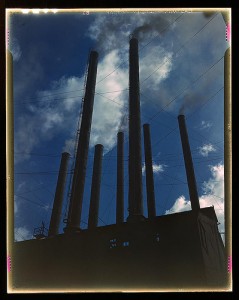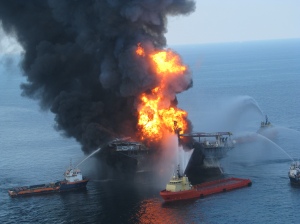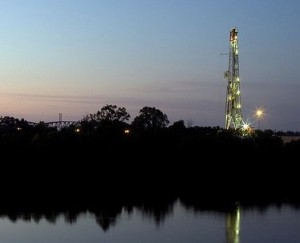
That's a natural gas fracking well. You'd be well advised not to drink the water. (Photo by Daniel Foster/Flickr)
The contrast could not have been clearer. A lame-duck state governor who has little chance of holding public office again puts the safety of his people above the profits of the oil and gas industry; while the increasingly lame Obama administration waffles.
On Saturday, Governor David Paterson of New York — who did not run for a second term in the 2010 election — ordered a stop to all drilling for natural gas that involves hydraulic fracturing, or fracking. Continue reading

